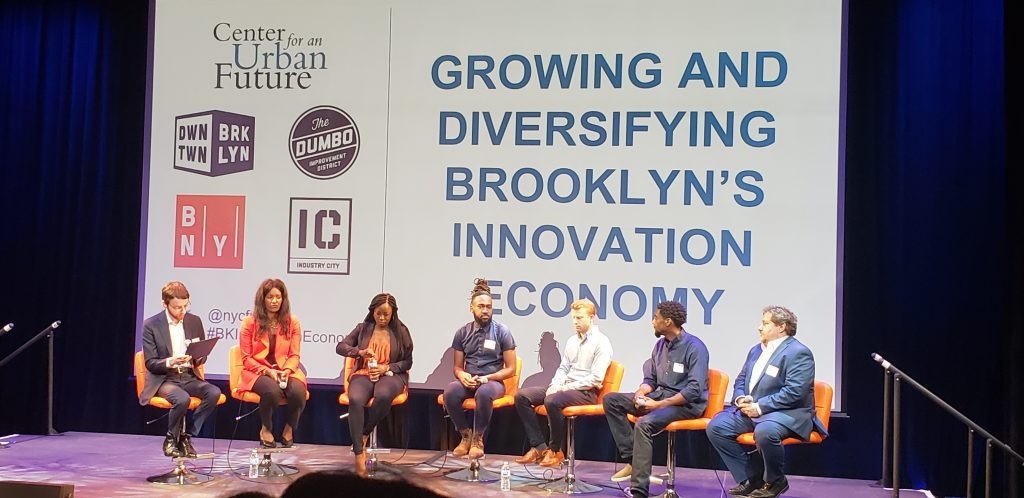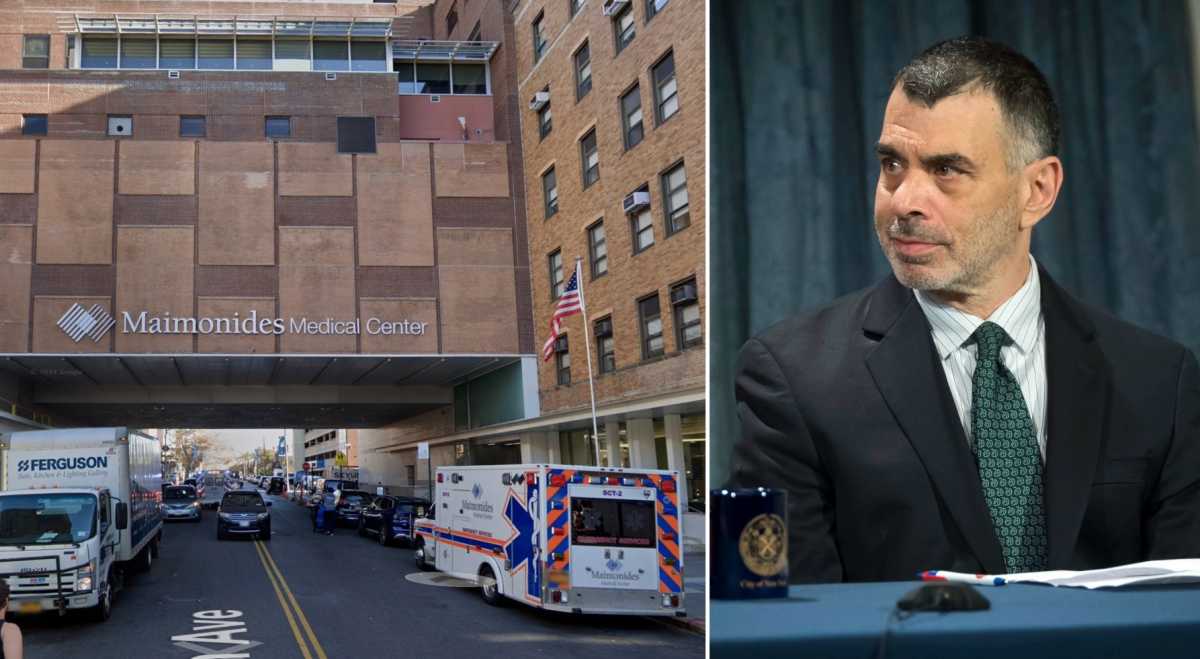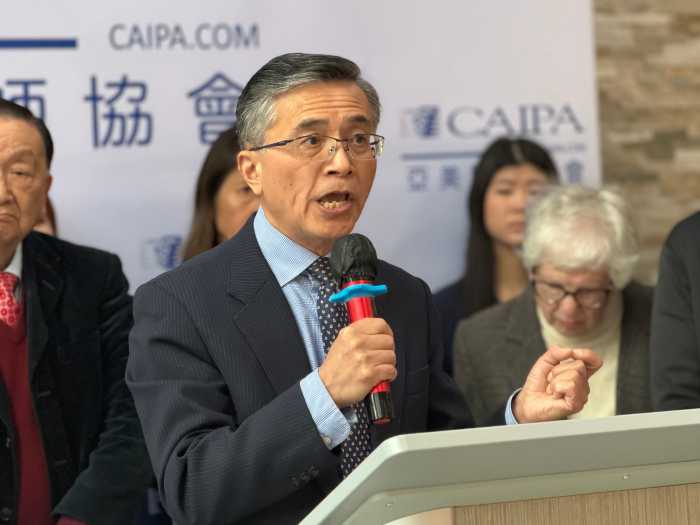BRIC Arts Media, located at 647 Fulton Street, hosted a conference promoting how creative companies, technological start-ups, and Brooklyn residents can ensure a promising economic future for the borough’s increasing innovation business.
“How can New York create more middle class jobs? How can lower income communities access these jobs?” asked Jonathan Bowles, executive director at the Center for an Urban Future and one of two moderators for the morning conference.
The first panel focused on sustaining and growing Brooklyn’s innovation economy. The panel members discussed how Brooklyn currently ranks second in the nation for technological start-ups and in increasing tech design post-recession.
Executives, founders, and heads of technological platforms have noted that Brooklyn has developed into a hub for opportunities in the innovation economy, though they claim the borough still needs improvement in tech education in public schools, talent research, and inclusion of unions in the conversation.
“I always characterize Brooklyn in 4 D’s,” said James Patchett, President of New York City Economic Development Corporation (NYC EDC). “Diverse, dense, dynamic, and direct access to Manhattan”.
The second panel opened dialogue on expanding opportunities for Brooklyn residents in the Innovation Economy. The collective included program managers, CEO’s, and executive directors, who looked directly at resource scarcity and job accessibility for lower income communities in Brooklyn and how their specific roles and fields can ensure a diversified economic prosperity no matter what socioeconomic background a resident is.

“The main problem we have is resources,” said Faith Corbett, Assistant Vice President of Public Affairs and Partnerships at NYC College of Technology. “How can we incorporate technology and innovation training in education?”
The panel concluded with a series of questions and answers from members of the discussion and audience members concerned with economic inclusivity, change in manufacturing employment and community revitalization.
“Necessity breeds innovation”, argued Quardean Lewis-Allen, founder and CEO of Made in Brownsville, a nonprofit youth creative agency encouraging STEAM in the neighborhood.










